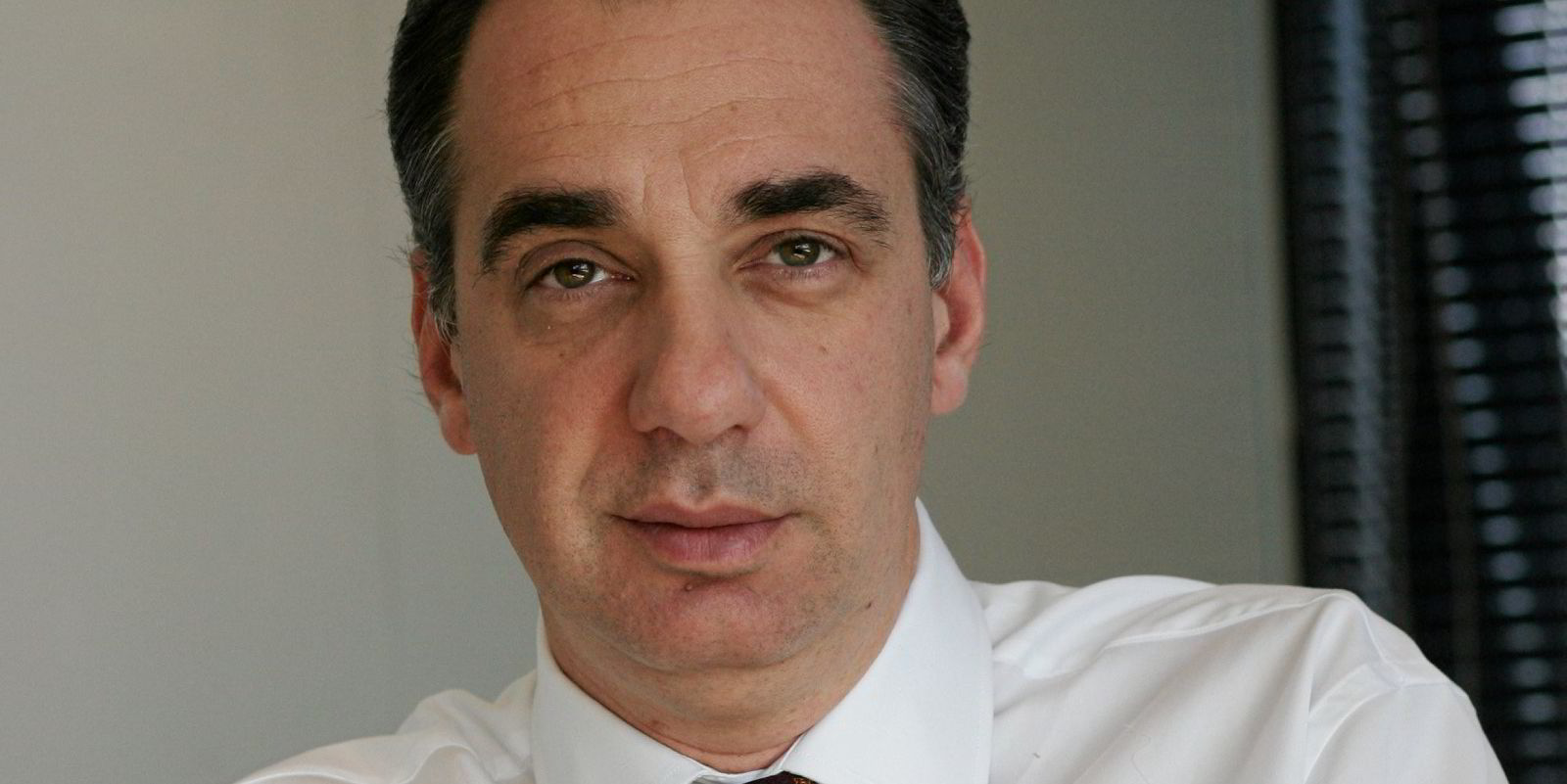Costamare is committed to growing its charter-in platform for large dry bulk vessels, despite a momentary shrinkage of its fleet over the past three months.
The US-listed company said on Wednesday as part of its quarterly earnings that the Costamare Bulkers (CBI) unit had 51 ships as of 6 February, down from 59 at 31 October last year.
According to chief financial officer Gregory Zikos, this reduction reflects normal fleet size fluctuation in the regular course of business.
“It has nothing to do with our intention to grow the company [CBI] further,” he said in response to a related question in a conference call with analysts.
As one reason for the lower number of ships, he cited that some redeliveries coincided in the fourth quarter.
Furthermore, CBI occasionally buys forward freight agreements if it cannot find a suitable capesize or panamax to charter in.
“The smaller amount of chartered-in ships … should not be misconstrued as a willingness to shrink the business — quite the opposite,” Zikos said, adding that the platform is in the process of chartering in additional vessels.
CBI, most of whose vessels (see table) are on index-linked charters, contributed greatly to a 35% jump in Costamare’s total voyage revenue to $1.5bn in the full year of 2023.
On the other hand, CBI start-up costs weighed down the company’s overall profitability with an $81.2m segmental loss in the first nine months.
Earlier on Wednesday, Costamare, an owner and operator of about 160 bulkers and container ships, reported total net income available to common shareholders of $355m for the full year.
Largely due to CBI, Costamare’s overall voyage expenses rose to $275.9m in 2023 from $49.1m in 2022. Also due to CBI, the company posted $340.9m in charter-in hire expenses in 2023.
The current CBI fleet consists of 32 newcastlemaxes and capesizes, as well as 19 kamsarmaxes.





